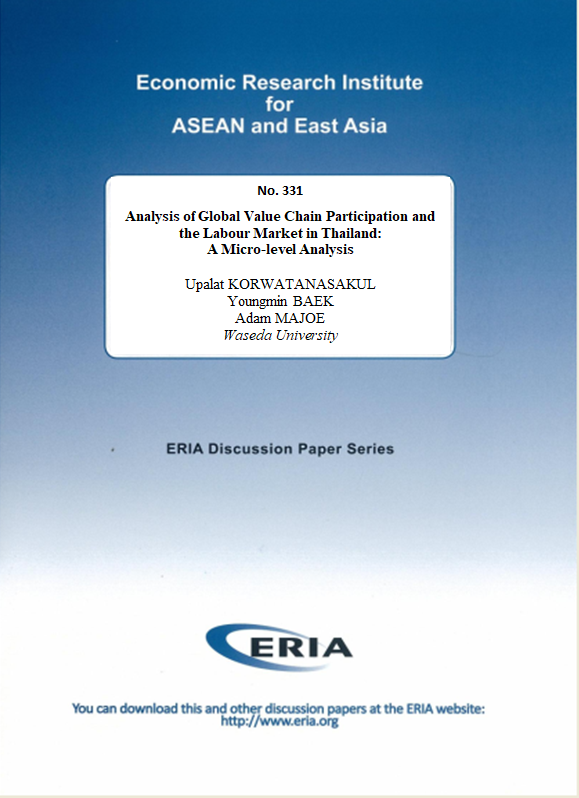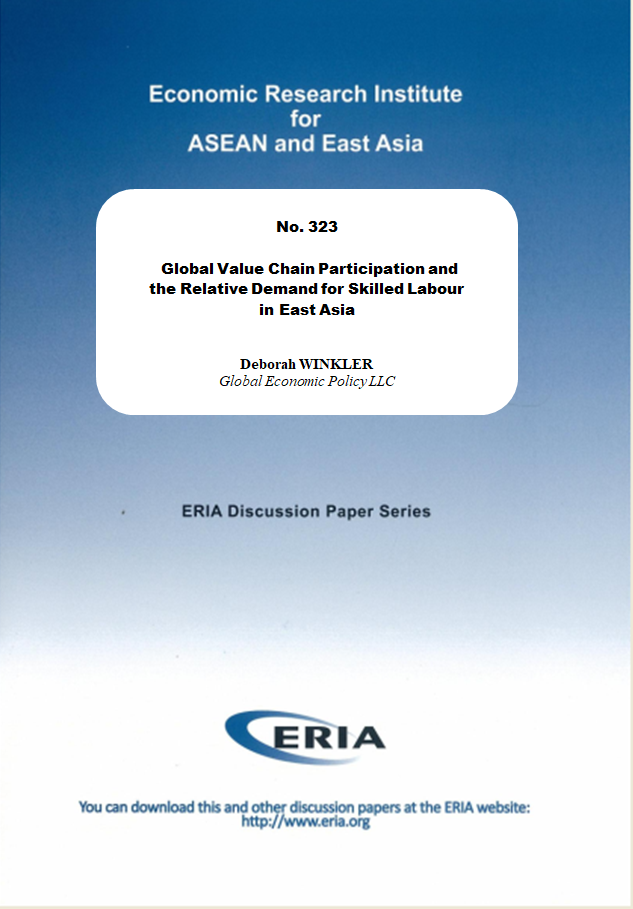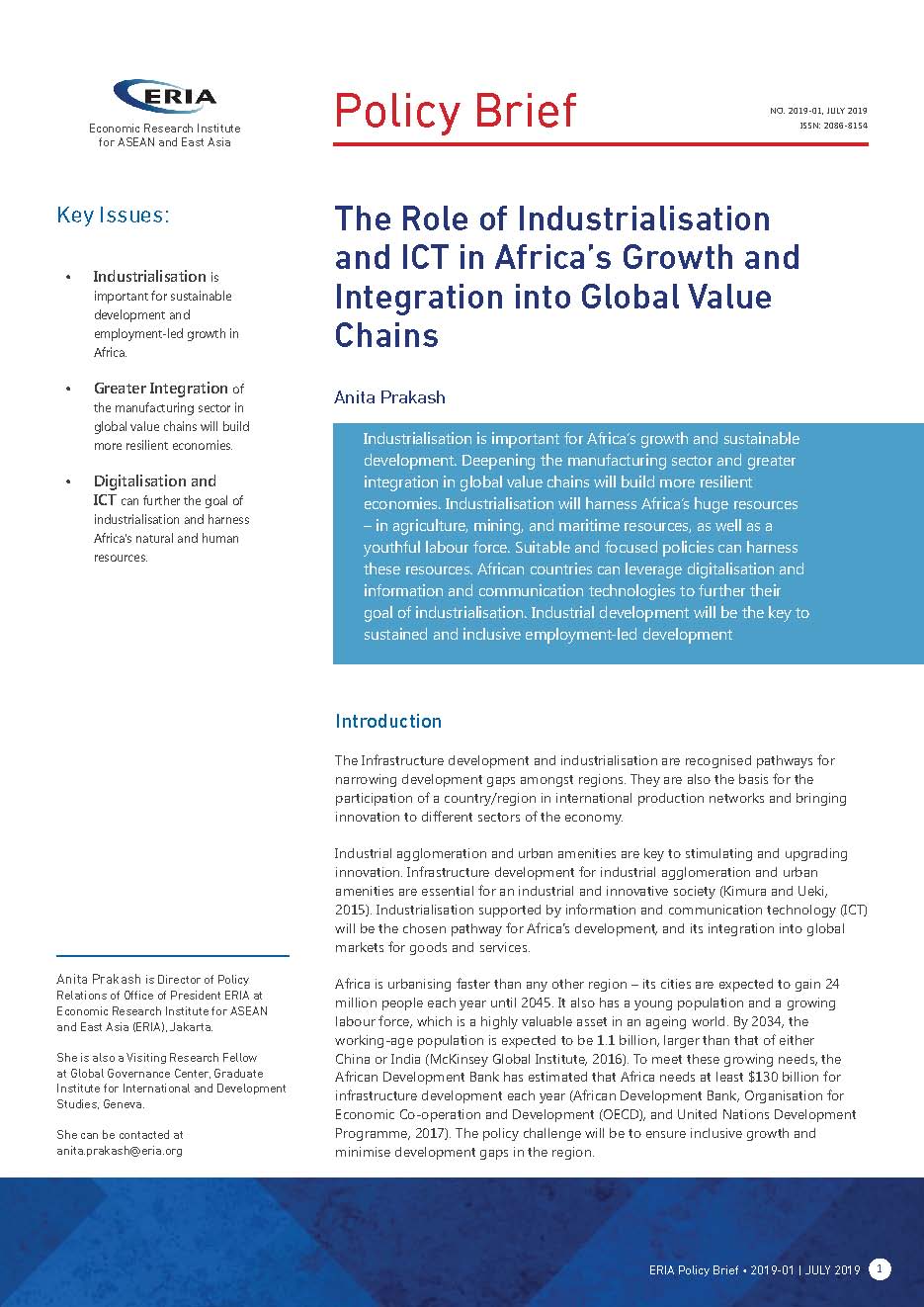Analysis of Global Value Chain Participation and the Labour Market in Thailand: A Micro-level Analysis

Date:
18 May 2020Category:
Thailand, Labour and MigrationType:
Discussion PapersTags:
global value chains, wage distribution, job inclusion, labour market, labour productivity, ThailandPrint Article:
This study assesses the links between global value chain (GVC) participation and the labour market to examine the relatively unexplored employment-related distribution effects of GVC integration. Based on the Mincer wage model, we examine the relationship between GVC participation and worker productivity and wages at the individual level. Our main estimation method is a simple ordinary least squares estimation using pooled cross-sectional data from the Thai Labour Force Survey for the period 1995–2011. We also separately examine the effects of forward and backward GVC participation on wages and wage distributions. Our results show that GVC participation induces higher monthly wages for individuals and increases productivity in the labour market through either the forward linkage or backward linkage. We even find that GVC participation can help mitigate inequality. Our findings show that GVC participation promotes inclusive job creation and provides more job opportunities for rural, female, and low-skilled workers. Policies to support leveraging the existing strong industries through upgrading, smoothing labour movements while improving agricultural productivity, and preparing to move towards a services economy can help prepare Thailand, and other developing countries in general, to upgrade to higher value chains. Although GVC participation may be a catalyst for higher wages, greater labour productivity, and more inclusive job creation, its employment effects are complicated. An unbalanced policy framework might contribute to uneven income distributions and exclusive job creation as participating in GVCs through different linkages can benefit different stakeholders in varying ways. Therefore, a policy framework that balances the benefits among stakeholders in terms of wage distributions and job inclusion is ideal.




